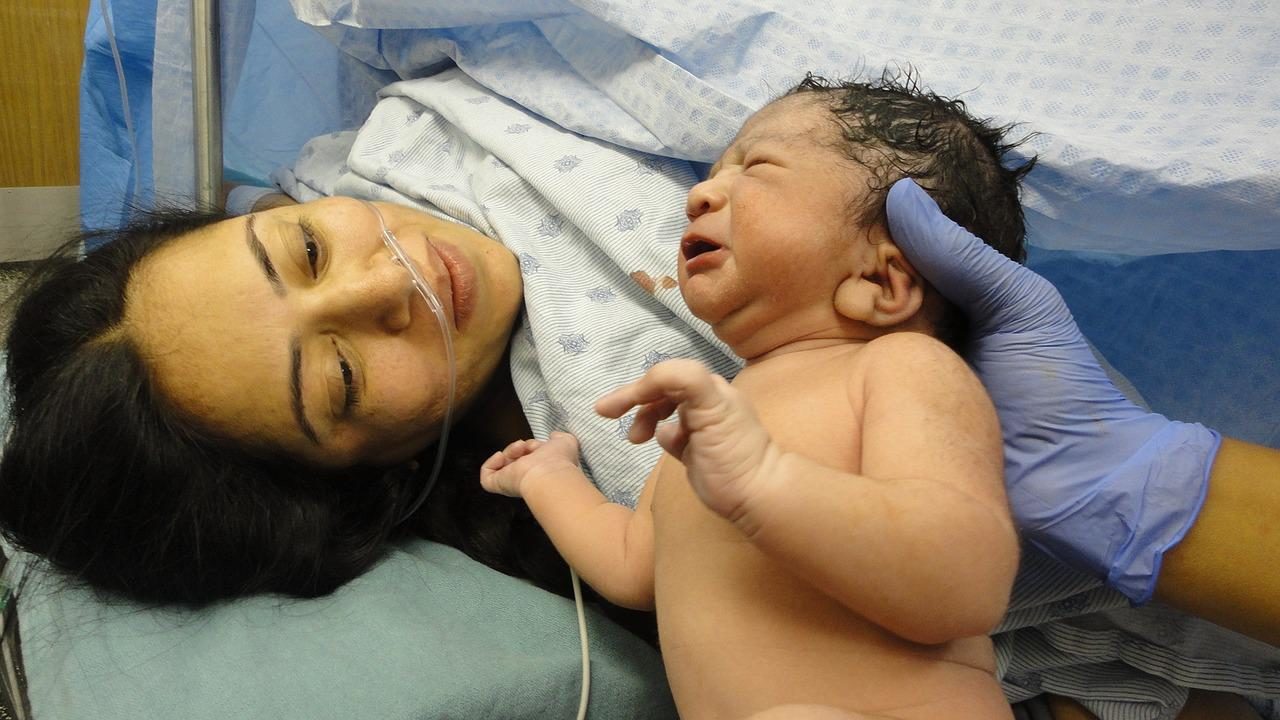Decline in Births and an Aging Society Are Iran’s New Challenge
Al-Arabiya, Saudi Arabia, May 20
Concerns about a dwindling population have cast a shadow over Iran. During the rule of Shah Mohammad Reza Pahlavi, Iran launched a US-backed program for population control that ultimately had little impact on the reproductive behavior of citizens. During the 1980s, Iranian women had an average of six children, in response to calls by Iranian leader Ruhollah Khomeini to reject family planning policies since they are incompatible with Islam. The Iranian government also promoted the perception that a high birth rate is needed in order to promote a Shiite-dominated Middle East. After the first Gulf War, that lasted about eight years, and in the face of a battered economy, Iran changed course under presidents Akbar Hashemi Rafsanjani and Mohammad Khatami, and adopted family planning programs, making the rate of two children per family the preferred one. And in 1988, the Supreme Court paved the way for modern family planning programs, when it declared the practice fully compatible with Islam. The government subsequently promoted the distribution of modern contraceptives, and provided advice, education and awareness campaigns throughout Iran. In 2005, during Mahmoud Ahmadinejad’s presidency, having a large number of children again was declared a blessing, and family planning was dismissed as a Western strategy to weaken Iran. But by 2010, the average number of births per woman had fallen from 5.1 to 1.7, a number that has remained steady until today. Iran’s Supreme Leader, Ali Khamenei, criticized the decline in the birth rate and announced that growing the size of the Iranian family is a strategic goal. Since then, Iran has implemented a number of “family-friendly” measures, including extending maternity leave to nine months, allowing pregnant women to take sick leave more easily, and facilitating access to loans and jobs for families with children. Recently, Khamenei, in a letter to the National Population Center, warned against the dangers of a low birth rate. He called on all government ministries to enact plans that would encourage population growth. Khamenei’s letter sheds light on the problem of a declining birth rate coupled with an increase in Iran’s elderly population. According to the Iranian Statistical Center, the fertility rate is currently 1.71 children per woman per year. There is a fear that this decline in birth rates will cause various problems for the country, in particular the shrinking of the labor force that must take care of a larger number of elderly citizens. The result could lead to a decrease in per capita income with a severe economic impact on the overall population. Hence, the Iranian parliament enacted legislation to help families grow their size, such as infertility treatment and services for working women. The actions were accompanied by widespread propaganda efforts in the media and state institutions, including universities. However, it has not been enough to convince the young people to change their practices. It can be said that the challenges facing the increase in birth rates are great, as young people cannot afford the expenses associated with large families, in light of the deteriorating economic conditions in Iran. With Iranians suffering from a mass exodus to already overcrowded cities, continued US economic sanctions, and a 30-year drought, it is inconceivable that they would want to bring more children into the world at the present time. – Hoda Raouf (translated by Asaf Zilberfarb)


